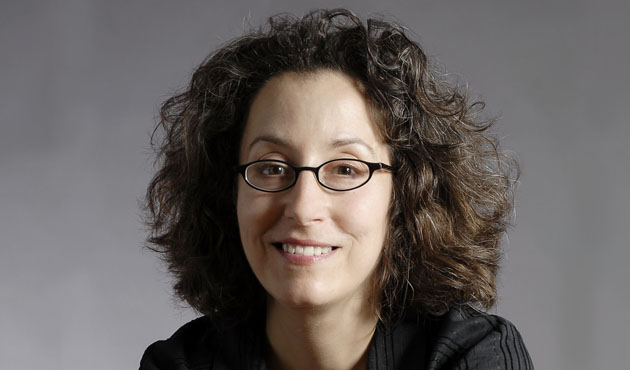
Dr. Martha Farah is Walter H. Annenberg Professor of Natural Sciences in the Department of Psychology at the University of Pennsylvania, founding Director of Penn’s Center for Cognitive Neuroscience, who now directs the Center for Neuroscience & Society. Her current research focuses on the effects of childhood poverty on brain development, and ethical issues emerging from advances in the neuroscience of cognition and emotion. She has published over 150 peer-reviewed journal articles and 7 books, including Neuroethics: An Introduction with Readings ( MIT Press) and, with Anjan Chatterjee, Neuroethics in Practice: Mind, Medicine and Society (Oxford University Press).

Geoffrey K. Aguirre, MD, PhDAssociate Director
Dr. Geoff Aguirre is Associate Professor of Neurology, Assistant Director of the Neurology Residency Program and Associate Director of the Center for Neuroscience & Society at the University of Pennsylvania. He is a neurologist and cognitive neuroscientist whose clinical and research work concerns the organization of the brain for mental operations, in particular the loss and recovery of visual ability. He has also written and lectured widely on the uses and misuses of brain imaging in legal and other contexts.

Stephen Morse, JD, PhDAssociate Director
Dr. Stephen Morse is the Ferdinand Wakeman Hubbell Professor of Law and a Professor of Psychology and Law in Psychiatry at the University of Pennsylvania. He is a renowned expert in criminal and mental health law, whose work emphasizes individual responsibility in criminal and civil law. Professionally trained in both law and psychology at Harvard, Morse has written for law reviews, journals of psychology and psychiatry and edited collections, and he has contributed numerous op-ed articles. He is the former Co-Director of the MacArthur Foundation Project on Law and Neuroscience, and co-editor with Adina Roskies of A Primer on Criminal Law and Neuroscience.
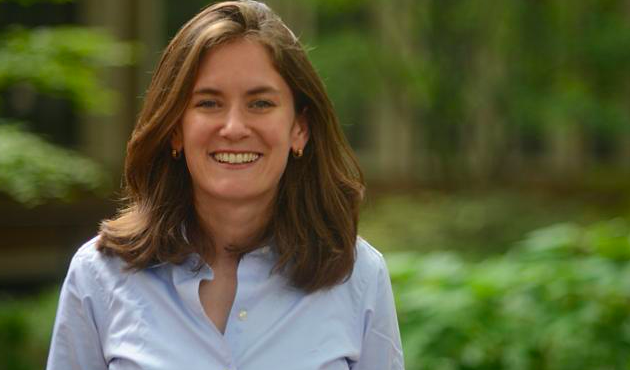
Emily Falk, PhDAssociate Director
Dr. Emily Falk is a Professor of Communication at the Annenberg School for Communication, with a secondary appointments in Psychology and Marketing at Penn. Falk employs a variety of methods in the performance of her research, with a focus on functional magnetic resonance imaging (fMRI). She has worked to develop a program of research in what she calls “Communication Neuroscience” to link neural activity (in response to persuasive messages) to behaviors at the individual, group, and population levels.

Natalie Larkin-GilmoreAssociate Director of Programs and Operations
Natalie Larkin-Gilmore organizes CNS’ programming and events and aids in discovering new opportunities for the Center. She previously spent time working at an education non-profit called Compete 360, where she helped create and implement design thinking curricula with K-12 students in Philadelphia. Natalie earned her B.A. from the University of Pennsylvania where she majored in Visual Studies, an interdisciplinary program that focuses on the science and culture of vision. Contact Natalie at nlarkingilmore@neuroethics.upenn.edu.
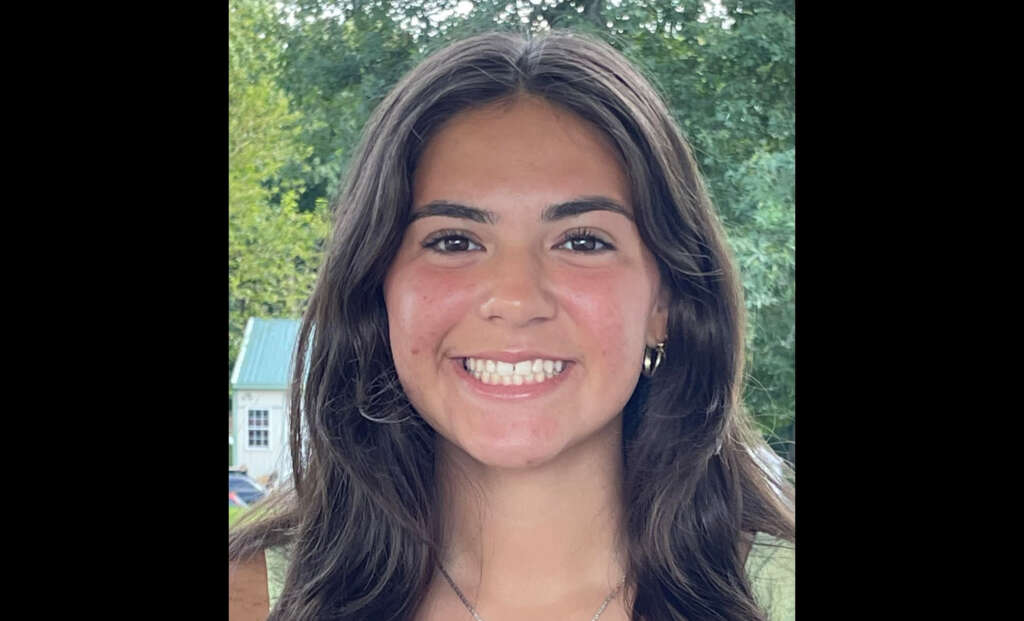
Isabel HernandezProgram Assistant
Isabel Hernandez is a third-year nursing student at the University of Pennsylvania with a passion for healthcare. As a program assistant for the Center for Neuroscience & Society, she plays a vital role in supporting various activities, from promoting monthly public talks, assisting in event setups, and managing Center communications and records. Dedicated to making a positive impact, she strives to contribute to both the academic and practical aspects of her field.
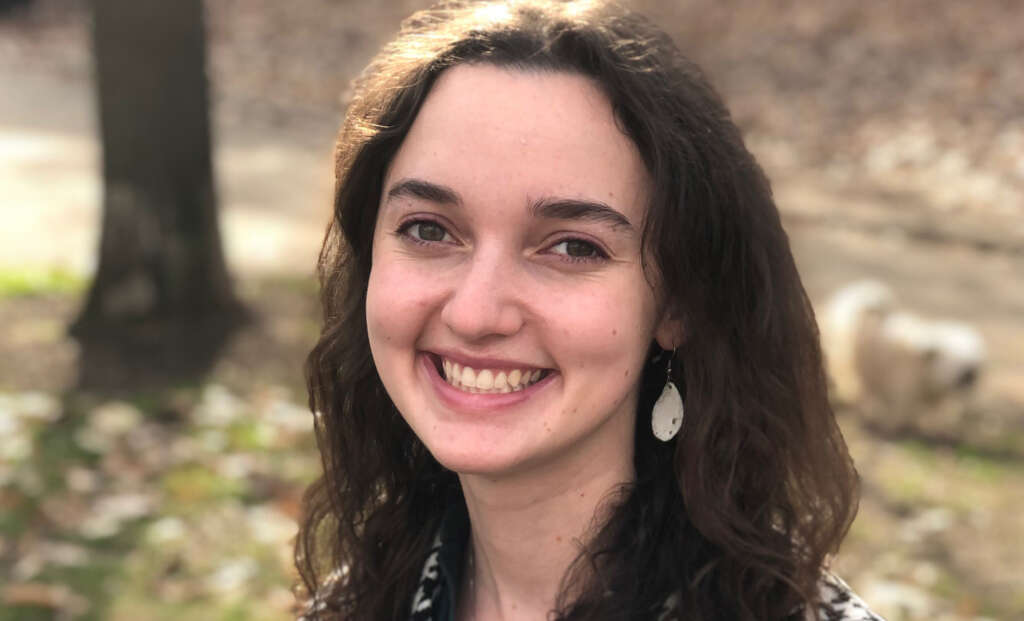
Elizabeth SiefertGraduate Mentor
Liz is a neuroscience PhD student studying human memory in the labs of Anna Schapiro and Brett Foster. More specifically, she is interested in how our memories change and shift overtime as well as how offline states, like sleep, promote memory processing. Liz is also passionate about neuroethics and the ways in which our understanding of memory and the brain can inform work in other fields like law and education. As Graduate Mentor for the Center, she aids in managing and guiding our graduate educational programming. This includes assisting in our foundational neuroscience course taken by Center Fellows and helping shape the activities and opportunities available to our Graduate Fellows.
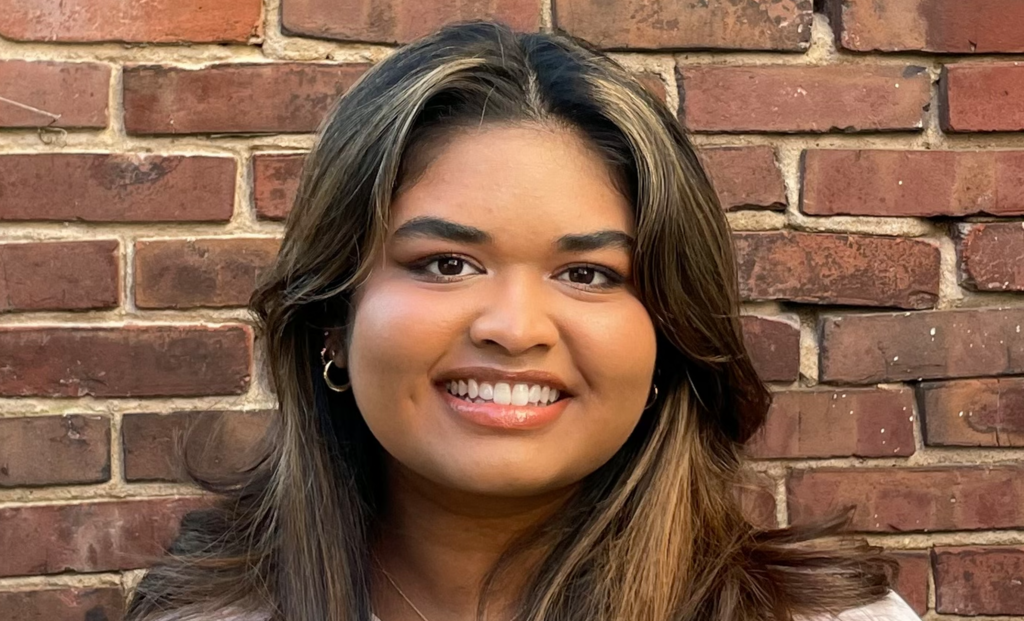
Ipsita DasUndergraduate Programming Coordinator
Ipsita is a senior double majoring in Neuroscience and Health & Societies at the University of Pennsylvania. As the Undergraduate Programming Coordinator for the Center she helps to organize activities and inspire students interested in the intersection between neuroscience and society to get involved. She is interested in neuroethics and the non-medical factors that influence an individual’s health. Her current research in the Department of Neurology aims to improve the diagnostic accuracy of neurophysiological monitoring during surgical procedures.